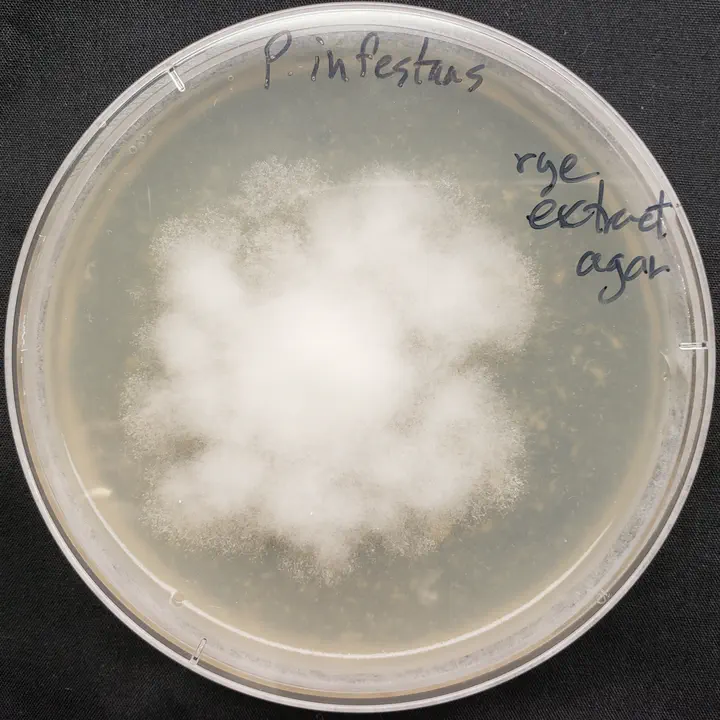Phytophtora in agricultural and natural ecosystems
 Photo by Scot Nelson on flickr
Photo by Scot Nelson on flickrAmong the plant pathogens threatening agricultural and natural ecosystems Phytophthora stands out, with a significant number of species proven to be aggressive agents that threaten ecosystem stability and plant productivity on a global scale. Our research group is very active in the development of molecular detection methods, which include conventional PCR, qPCR, and amplicon metagenomics analyses applied to different types of sample, including plant tissues (roots, bark, leaves, etc.), soil and water. Specifically for amplicon metagenomics analyses we pioneered new barcode targets which can be used in combination or as alternative to the ITS region of the rDNA to enable a more accurate discrimination of closely related taxa. In particular, the Ypt1 gene, initially proposed and valorized by our research group is currently widely recognized internationally and it has been included in IDphy: an online resource for molecular and morphological identification of Phytophthora.
We also focus on the analysis of the population structure of Phytophthora species (in particular P. infestans and P. nicotianae) in natural ecosystems. The goal of these surveys is the identification of new Phytophthora species and hybrids potentially threating our ecosystems. Our studies revealed a panmictic distribution of the species with extensive migration phenomena of the isolates and adaptation to specific hosts, and suggested the need for reconsideration of the concept of species and the consequent identification of specific pathoptypes within P. nicotianae sensu lato.